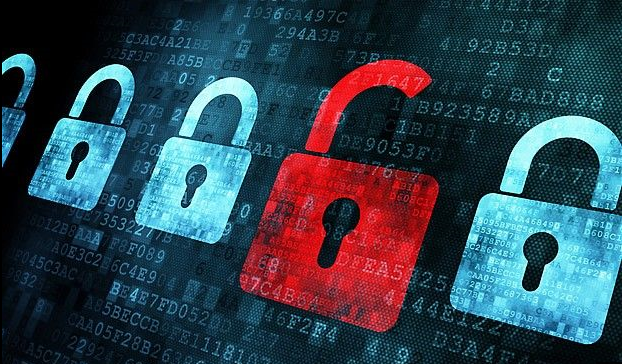Keyword Searching Isn’t Dead, If It’s Done Correctly: eDiscovery Best Practices

In the latest post of the Advanced Discovery blog, Tom O’Connor (who is an industry thought leader and has been a thought leader interviewee on this blog several times) posed an interesting question: Is Keyword Searching Dead?
In his post, Tom recapped the discussion of a session with the same name at the recent Today’s General Counsel Institute in New York City where Tom was a co-moderator of the session along with Maura Grossman, a recognized Technology Assisted Review (TAR) expert, who was recently appointed as Special Master in the Rio Tinto case. Tom then went on to cover some of the arguments for and against keyword searching as discussed by the panelists and participants in the session, while also noting that numerous polls and client surveys show that the majority of people are NOT using TAR today. So, they must be using keyword searching, right?
Should they be? Is there still room for keyword searching in today’s eDiscovery landscape, given the advances that have been made in recent years in TAR technology?
There is, if it’s done correctly. Tom quotes Maura in the article as stating that “TAR is a process, not a product.” The same could be said for keyword searching. If the process is flawed within which the keyword searches are being performed, you could either retrieve way more documents to be reviewed than necessary and drive up eDiscovery costs or leave yourself open to challenges in the courtroom regarding your approach. Many lawyers at corporations and law firms identify search terms to be performed (and, in many cases, agree on those terms with opposing counsel) without any testing done to confirm the validity of those terms.
Way back in the first few months of this blog (over four years ago), I advocated an approach to searching that I called “STARR” – Search, Test, Analyze, Revise (if necessary) and Repeat (also, if necessary). With an effective platform (using advanced search capabilities such as “fuzzy”, wildcard, synonym and proximity searching) and knowledge and experience of that platform and also knowledge of search best practices, you can start with a well-planned search that can be confirmed or adjusted using the “STARR” approach.
And, even when you’ve been searching databases for as long as I have (decades now), an effective process is key because you never know what you will find until you test the results. The favorite example that I have used over recent years (and walked through in this earlier post) is the example where I was doing work for a petroleum (oil) company looking for documents that related to “oil rights” and retrieved almost every published and copyrighted document in the oil company with a search of “oil AND rights”. Why? Because almost every published and copyrighted document in the oil company had the phrase “All Rights Reserved”. Testing and an iterative process eventually enabled me to find the search that offered the best balance of recall and precision.
Like TAR, keyword searching is a process, not a product. And, you can quote me on that. (-:
So, what do you think? Is keyword searching dead? And, please share any comments you might have or if you’d like to know more about a particular topic.
Disclaimer: The views represented herein are exclusively the views of the author, and do not necessarily represent the views held by CloudNine. eDiscovery Daily is made available by CloudNine solely for educational purposes to provide general information about general eDiscovery principles and not to provide specific legal advice applicable to any particular circumstance. eDiscovery Daily should not be used as a substitute for competent legal advice from a lawyer you have retained and who has agreed to represent you.







